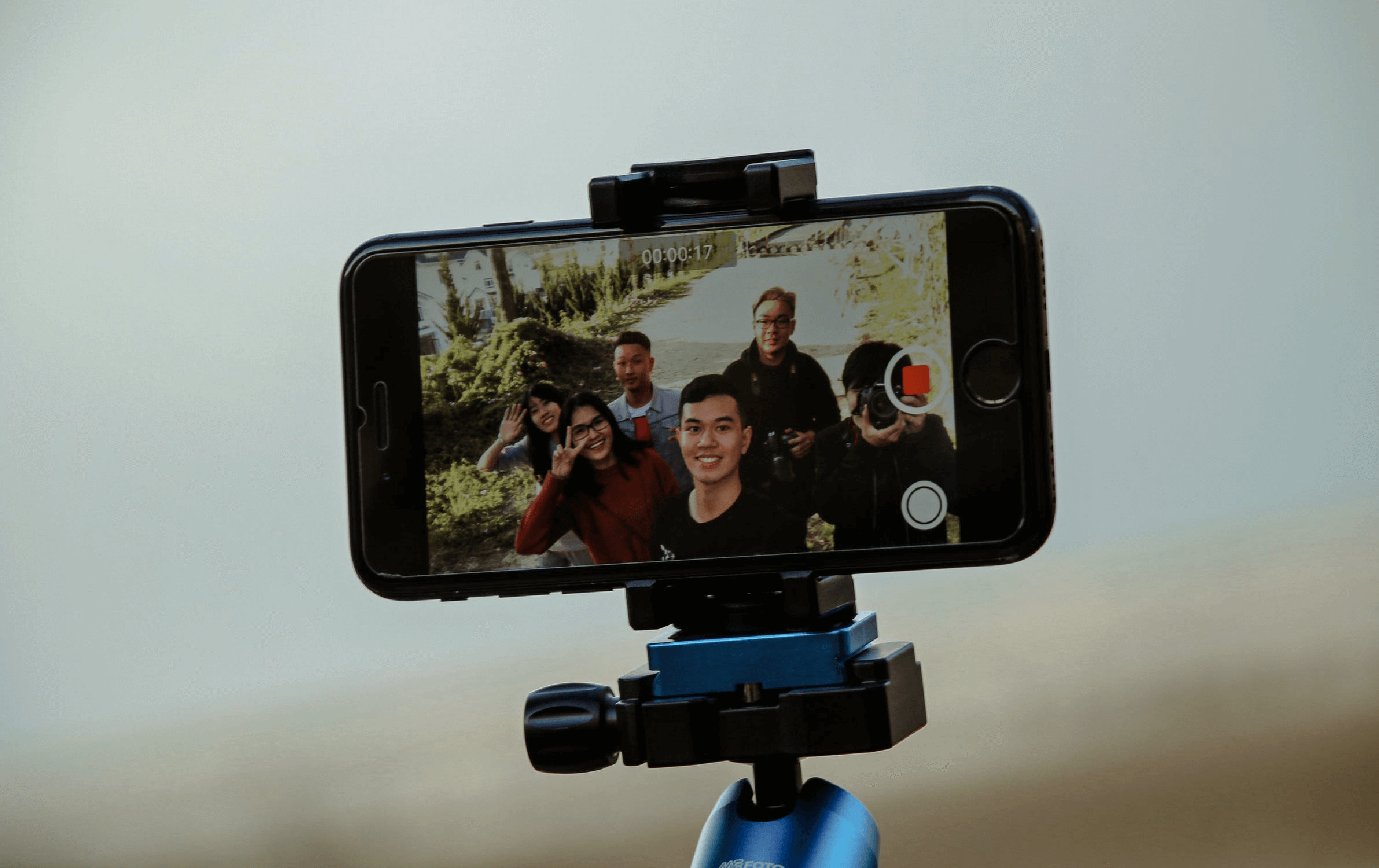
Video streaming on smartphones is quickly becoming the number one way to pass the time. Celebrities find it easier to connect with their fans, businesses to promote their products, and the average Joe or Jane just to have fun.
However, video streaming is not all rainbows and unicorns. There’s a bit of a darker side to it. Many are worried about their online privacy and security, and for a good reason.
Data breaches are becoming more common every year. Various online viewers can collect personal information rather easily, and even antimalware software is sometimes not good enough to prevent this.
Let’s have a closer look at smartphone video streaming and the best ways to stay safe while doing it.
Live Streaming Goes Mainstream

Globally, there’s a rising number of mobile video viewers, and more and more people are interested in live streams.
With YouTube, Instagram, Facebook, and other platforms offering free live streaming, the service is gaining traction.
When it comes to brands, celebrities, and influencers, they’re turning to video streaming because it’s often much easier and less time-consuming than creating other types of content.
Direct communication with followers is made much easier, too. The viewers can engage with the streamers by communicating with them in real time.
Another reason why video streaming is so popular is that it enables people to reach a broader audience. Brands and influencers can focus on their target audience and see the conversion rates go up.
However, there are some risks associated with live streaming.
Risks Involved with Video Streaming
Live streaming has a veil of perceived intimacy covering it. This often leads to people becoming too comfortable and more likely to share too much personal information.
Even without the direct intent to openly share that information with anyone online, it can become easily accessible. Having a phone’s firewall’s UDP ports open creates many vulnerabilities.
Hackers and curious individuals can easily gather important information stored on the phone, like photos or device location.
On the other hand, watching a video stream from an unofficial site can infect a device with malware, ransomware, bugs, and so on.
Whenever someone watches a video stream from their smartphone, the device sends information to the video hosting servers. Unless the connection is adequately protected, anyone can access the connection, gather sensitive data like passwords, and spy on the device’s activity.
Mobile VPN to the Rescue

While antimalware software can protect a device from viruses and malware while streaming, it doesn’t protect the device’s location. When a smartphone is connected to unsafe public networks, it becomes an easy target for hackers.
A Virtual Private Network, or VPN, is used just 15% of the time spent on smartphones, which leaves most devices vulnerable.
Remaining safe online while watching video streams on a smartphone is next to impossible without a mobile VPN.
A VPN brings countless benefits, so let’s take a look at some of them.
Provides Anonymity

A VPN covers the device in a veil of anonymity. It hides the smartphone’s IP address by replacing it with a new one.
As a device’s location can be easily pinpointed through an IP address, a VPN gives it a new IP that shows a different location, thus offering anonymity and security while watching video streams.
Enhances Security
When a smartphone is connected to an unsafe public network for video streaming, anyone can find that connection and use it to breach into the device.
A mobile VPN serves to create an encrypted connection between the device and a public network, in a sense creating a two-way tunnel that doesn’t allow anyone else to enter it.
Finding the encrypted connection created by a mobile VPN is extremely difficult. Even if it is found, the encryption is indecipherable, since it presents itself as a string of incomprehensible characters.
Bypasses Censorship
Many countries around the world have strict internet censorship policies. However free the internet is, it’s difficult accessing everything online in many places.
This is where VPNs become extremely handy. Since they provide IP addresses that show different geographical location than it really is, bypassing censorship is made easier.
People can watch video streams straight from the source wherever they’re located and not worry about the safety of unofficial sites that transmit them either.
Video streaming from smartphones is very popular, and it’s important to do everything in your power to stay safe. Storing sensitive information on smartphones is common, and the combination of antimalware and mobile VPN is the best way to stay secure.